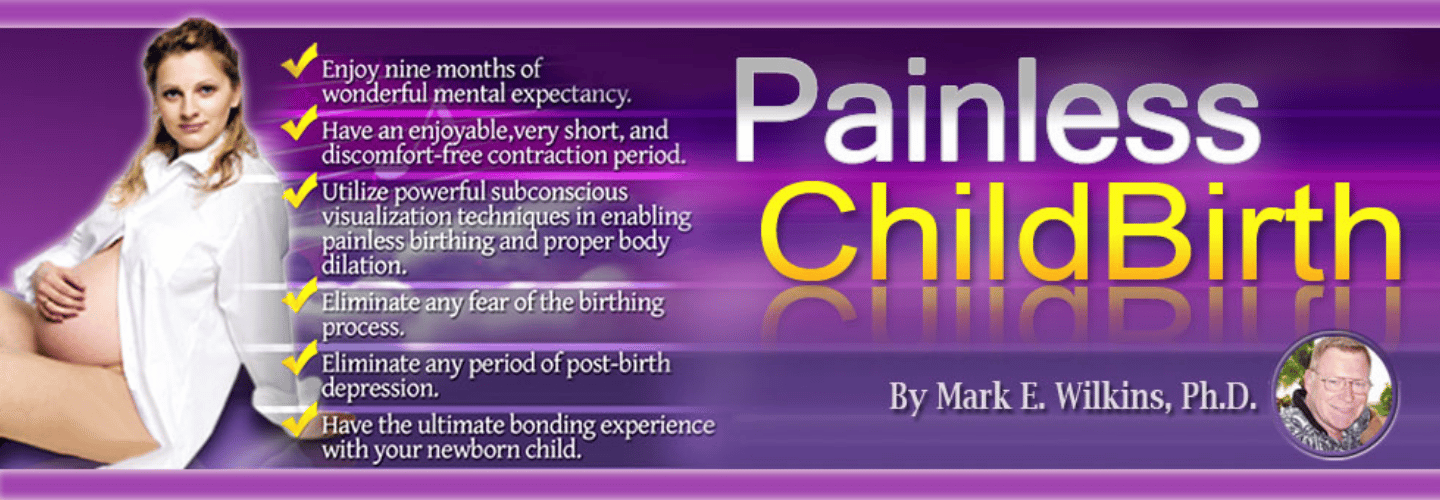
Labor pain, traditionally seen as a necessary component of childbirth, is now acknowledged as manageable through various medical interventions to alleviate discomfort. Cultures historically viewed enduring this pain as a demonstration of a woman's strength, but modern medical practices emphasize minimizing maternal distress for better neonatal outcomes. Effective management techniques like self-hypnosis and relaxation can reduce pain and enhance the birthing experience. For a deeper understanding of pain-free childbirth approaches and their implications on child development, further exploration can be enlightening.
Key Takeaways
- Labor pain is not strictly essential, as minimizing pain can improve both maternal and neonatal outcomes.
- Cultural perspectives often emphasize labor pain as a rite of passage, yet this view is not universally necessary for a healthy childbirth experience.
- Advances in pain management techniques, such as self-hypnosis and relaxation, can reduce or eliminate the need for experiencing intense labor pain.
- Drug-free childbirth methods linked to enhanced mother-infant bonding and quicker postpartum recovery suggest pain is not essential for positive outcomes.
- Modern medical practices support various pain-free childbirth options, demonstrating that labor pain is not indispensable for a successful delivery.
The Historical View of Labor Pain and Its Cultural Influence
While labor pain has been a universal experience across different cultures, its perception and management have varied considerably throughout history.
Cultural perceptions have deeply influenced historical practices in childbirth. In many traditional societies, enduring labor pain without medical interventions was often seen as a rite of passage for women, emphasizing strength and resilience.
Conversely, in various Western cultures, the development and accessibility of pain relief methods, such as epidurals, have shifted the norm towards medically managed childbirth, highlighting a cultural prioritization of pain minimization.
These differing views reflect broader cultural values around childbirth, pain, and medical intervention.
The Science Behind Painless Childbirth and Child Development
How does painless childbirth influence child development?
Recent studies indicate that minimizing maternal stress and pain during labor may positively affect neonatal outcomes and subsequent child development. Reduced exposure to high stress levels, which can alter pain perception in the newborn, has been linked to better cognitive and emotional development.
JAMA findings suggest that trauma-free natural childbirth potentially decreases future physical and mental health issues in children. Such environments support a calm shift into the world, fostering early parent-child bonding and possibly enhancing neurological development due to decreased stress hormone exposure in critical early life stages.
Techniques for Reducing Labor Pain: Self-Hypnosis and Relaxation

In the domain of pain management during childbirth, self-hypnosis and relaxation techniques play a pivotal role.
Self-hypnosis benefits include significant reductions in perceived labor pain and decreased reliance on pharmacological interventions, as supported by multiple clinical studies. These techniques empower women to control pain perception through focused mental strategies and deep relaxation states.
Additionally, relaxation techniques, involving breathing exercises and progressive muscle relaxation, contribute to a lower incidence of tearing and episiotomy.
Collectively, these methods not only enhance maternal comfort but also promote a smoother shift into motherhood, potentially improving newborn bonding and reducing postpartum recovery times.
The Role of Medical Professionals in Promoting Pain-Free Childbirth
Medical professionals play a critical role in promoting pain-free childbirth, as they are uniquely positioned to integrate evidence-based practices into maternal care.
Through medical endorsement of programs like self-hypnosis and relaxation techniques, healthcare providers can markedly reduce maternal stress and discomfort during labor.
Childbirth education, facilitated by trained professionals, empowers expectant mothers with knowledge and skills for a less painful delivery.
These educational sessions also debunk myths surrounding labor pain and introduce evidence-supported methods for managing it.
Consequently, informed medical guidance and thorough childbirth education together foster a supportive environment conducive to facilitating a smoother, pain-free childbirth experience.
Comparing Outcomes: Drug-Free Births Versus Conventional Approaches

When comparing the outcomes of drug-free births to those involving conventional pain management techniques, several distinct advantages emerge.
- Enhanced Mother-Infant Bonding: Drug-free childbirth facilitates immediate and stronger bonding between mother and baby.
- Faster Recovery Time: Mothers experiencing drug-free childbirth typically report quicker postpartum recovery.
- Lower Intervention Rates: Drug-free births often result in fewer medical interventions, which can reduce the risk of complications.
- Empowerment and Satisfaction: Many women report a greater sense of empowerment and satisfaction with their birth experience when they opt for a drug-free approach.
These benefits highlight the drug-free advantages while addressing conventional challenges.
Frequently Asked Questions
How Does Labor Pain Affect the Mother's Long-Term Health?
Labor pain may influence maternal health long-term by affecting psychological well-being and recovery speed. Research suggests that effective pain management techniques can mitigate negative outcomes, enhancing postpartum recovery and maternal mental health.
Can Painless Childbirth Methods Impact Future Pregnancies?
Painless childbirth methods, hailed as a revolution, potentially influence maternal recovery and subsequent pregnancies by reducing physical trauma and psychological stress, thereby facilitating quicker recuperation and potentially smoother future pregnancies.
Are There Any Legal Concerns With Pain-Free Childbirth Practices?
Legal concerns regarding pain-free childbirth primarily involve informed consent and potential legal liability. It's essential that practitioners fully disclose methods and associated risks to expectant mothers before proceeding with any intervention.
How Do Fathers' Perceptions of Childbirth Pain Influence Their Support?
Fathers' perceptions of childbirth pain considerably impact their emotional support and involvement during labor. Understanding pain can lead to more empathetic support, enhancing the birthing experience and parental bonding post-delivery.
What Are the Economic Implications of Promoting Painless Childbirth?
Promoting painless childbirth may increase healthcare accessibility by reducing economic costs associated with traditional labor pain management, thereby potentially lowering overall expenditure on childbirth-related medical interventions and enhancing resource allocation efficiency in healthcare systems.
Conclusion
To summarize, shifting societal stances suggest scrutinizing the supposed sanctity of labor pain. Scientific studies increasingly indicate that strategies such as self-hypnosis and relaxation not only alleviate maternal discomfort but potentially enhance neonatal outcomes and maternal mental health. Medical professionals play a pivotal part in propagating these pain-minimizing practices, which could redefine reproductive realities. Comparatively, painless childbirth methods may offer substantive benefits over traditional pain-enduring paradigms, warranting wider acceptance and application.




